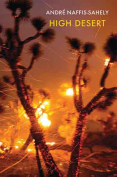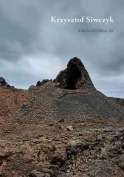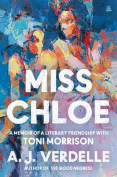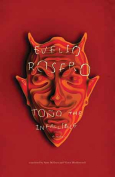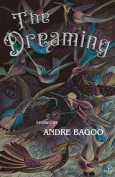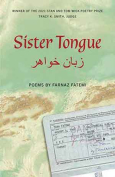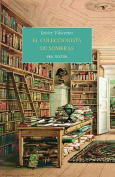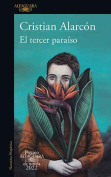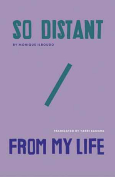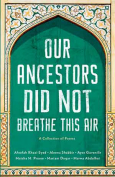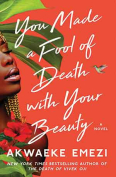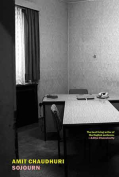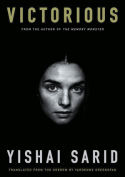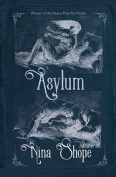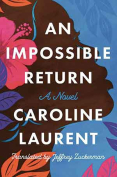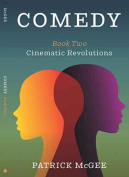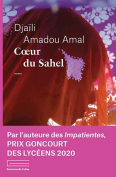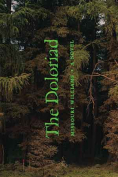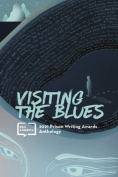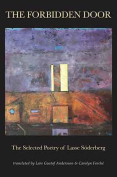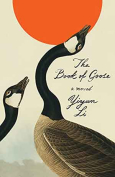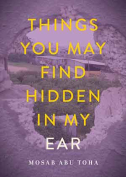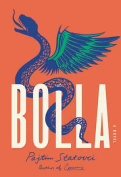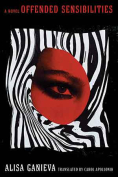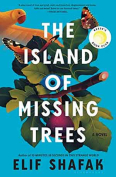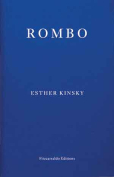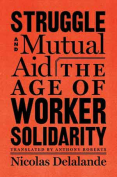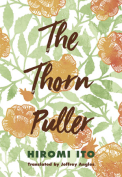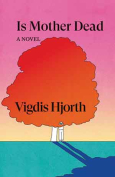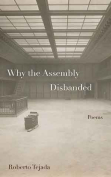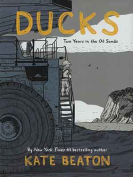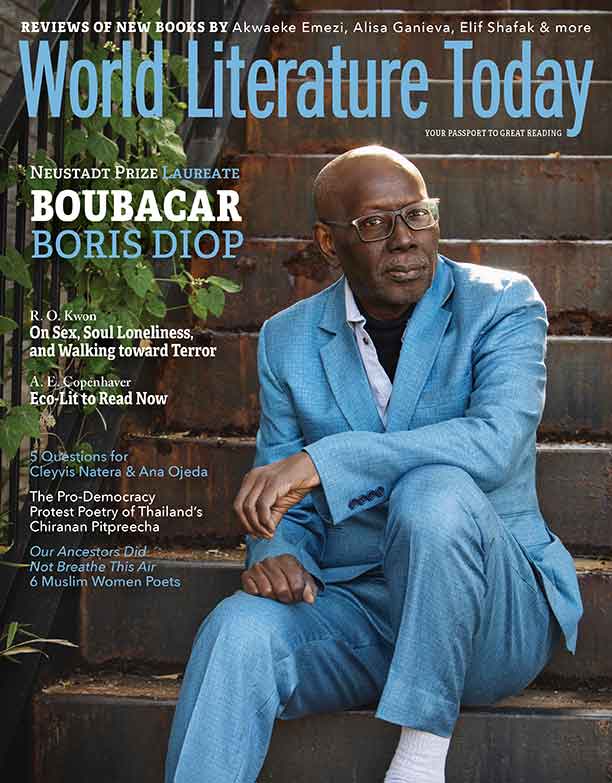El tercer paraíso by Cristian Alarcón
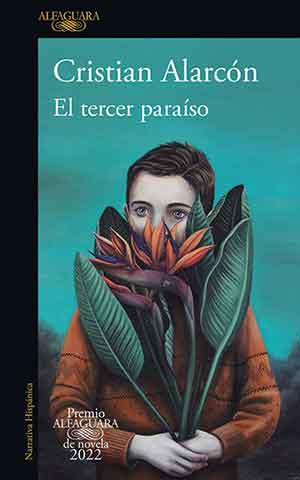 Barcelona. Penguin Random House Grupo Editorial. 2022. 295 pages.
Barcelona. Penguin Random House Grupo Editorial. 2022. 295 pages.
CHILEAN WRITER Cristian Alarcón was awarded this year’s Alfaguara Novel Prize for El tercer paraíso. Alarcón was born in Chile in 1970, then his family was forced to take exile in Argentina after the 1973 military coup led by Augusto Pinochet that ended Salvador Allende’s socialist government. He later established himself in Buenos Aires, where he has dedicated himself to journalism and literature since the early 1990s. His previous narrative works, which reflect his vocation as a journalist, have dealt with marginalized individuals and violence in urban settings.
El tercer paraíso is an autobiographical novel set in Argentina during the current Covid-19 pandemic. Parts of the novel are written in first-person narrative in the present by a writer—the author’s fictionalized version of himself—and other parts in third person that address his family’s past. The narrator seeks refuge from the virus in an improvised community on the outskirts of Buenos Aires, where other writers and artists had converted shipping containers into makeshift homes on vacant parcels of land. He decides to cultivate a garden to occupy his time and quickly becomes obsessed with learning everything there is to know about botanical gardening.
Parts of the novel recount the history of the writer’s family going back several generations; their lives, hardships, stories, and superstitions. The political history of his country of birth, Chile, also frames the background of the novel.
The pandemic provides the narrator the time and space to learn about nature and to process and understand the events that have shaped his life. The writer seeks to find his personal identity and paradise in an imperfect world, where his individual story and present life are the product of his own strivings, suffering, and losses as well as those of countless other individuals from the past. He also addresses his sexual identity as a gay man and how it affected his relations with his family and his childhood and adult life.
The pandemic also offers the writer the opportunity to cultivate his own paradise. With a mixture of fiction and fact, Alarcón has produced an uplifting story with a positive message: despite the different challenges we face in life, we are all seeking the same thing, happiness–our own version of paradise—which, like a garden, we must cultivate.
Edward Waters Hood
Northern Arizona University
When you buy a book using our Bookshop Affiliate links on this page, WLT receives a commission. Thank you for your support!
